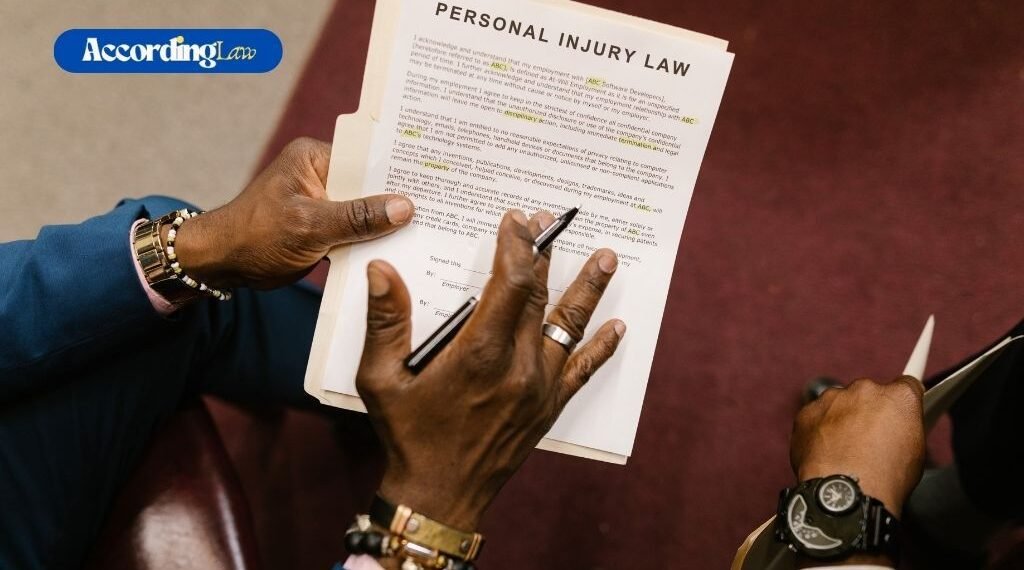For many injury victims in South Bend, hiring a lawyer can feel intimidating, not only because of the legal process itself but also because of the financial uncertainty it brings. Medical bills, time away from work, and household expenses already weigh heavily on families. Adding upfront legal fees to the mix can feel impossible. That’s why many clients now prefer attorneys who work under “no-fee-until-we-win” agreements. These arrangements, also known as contingency fee agreements, shift financial risk away from clients while strengthening trust between lawyers and the people they represent.
Table of Contents
How It Works
In a traditional legal model that most top-rated injury lawyers in South Bend utilize, clients are billed hourly or required to pay large retainers before work begins. Contingency fee arrangements take the opposite approach: the lawyer only gets paid if the case is successful. Payment typically comes as a percentage of the settlement or verdict, which is agreed upon before representation begins.
For clients, this eliminates the barrier of upfront costs. It also ensures that hiring an experienced personal injury lawyer isn’t limited to those with deep pockets. For attorneys, it creates a performance-based model, success for the client directly equals success for the lawyer. This alignment of incentives is what makes these agreements particularly powerful in building trust.
Making Justice Accessible
Personal injury cases often involve people already under significant financial strain. Someone recovering from a car accident, for example, may be unable to work while also juggling hospital bills, rehabilitation costs, and ongoing household expenses. For them, the prospect of paying hundreds of dollars an hour for legal counsel is simply unrealistic.
“No-fee-until-we-win” agreements level the playing field. They allow everyday people to stand up against insurance companies and corporations without fear of going into further debt. In this way, contingency fee structures don’t just provide financial relief, they expand access to justice for those who would otherwise feel shut out of the system.
Building Trust Through Shared Risk
Trust is the foundation of any attorney-client relationship, and fee structures can either strengthen or weaken that trust. When clients know that their lawyer’s pay depends entirely on a successful outcome, they gain confidence that their attorney is fully invested in the case. This shared risk reassures clients that their lawyer has every incentive to fight aggressively on their behalf.
At the same time, lawyers working under these agreements are motivated to be selective with the cases they accept and diligent in their preparation. Every decision—whether it’s negotiating with insurers or preparing for trial—must be made with the client’s success in mind. This creates a partnership dynamic where both lawyer and client are working toward the same clear goal.
Beyond Finances: Strengthening Relationships
While money is the most obvious concern, contingency fee structures also encourage stronger communication and transparency. Clients often view their lawyers less as service providers and more as partners, which fosters a collaborative approach. Attorneys, in turn, are incentivized to keep clients informed, explain strategies clearly, and provide regular updates.
This dynamic reduces the sense of isolation many injury victims feel and helps clients feel more supported throughout what is often an emotionally draining process. When clients see that their lawyer is both financially and personally invested, trust deepens and satisfaction with the representation grows.
Final Thoughts
“No-fee-until-we-win” agreements are more than a billing method, they represent a shift in how top-rated injury lawyers in South Bend build relationships with their clients. By removing upfront financial barriers, these arrangements make high-quality representation accessible to those who need it most. By tying a lawyer’s compensation directly to the outcome, they foster confidence, transparency, and a true sense of partnership.
For injury victims facing uncertainty, understanding how these agreements work can provide peace of mind. Choosing a lawyer who offers this structure means choosing someone whose success is directly tied to your own—ensuring that your best interests remain at the center of the case from start to finish.


